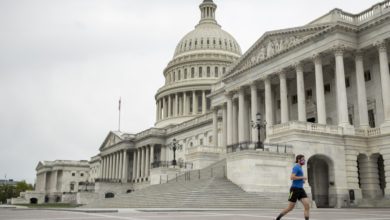

The Cincinnati Bengals held off the Las Vegas Raiders' fourth-quarter rally to earn their first playoff win since Jan. 6, 1991, advancing in the NFL postseason with a 26-19 victory at Paul Brown Stadium.
Third-quarter injuries to Bengals defensive linemen Larry Ogunjobi and Trey Hendrickson - who had starred on a strip-sack and fumble recovery during the first quarter - made some Bengals' fans nervous, but quarterback Joe Burrow's touchdown passes to C.J. Uzomah and Tyler Boyd ultimately lifted Cincinnati into the Divisional Round, where the Bengals will meet an opponent to be determined via reseeding.
"We expected this. ... We took care of business. Onto the next round," Burrow told NBC after the game.
Social media reactions:
LOVE SPORTS? [ Subscribe now for unlimited access to Cincinnati.com ]
Source link








